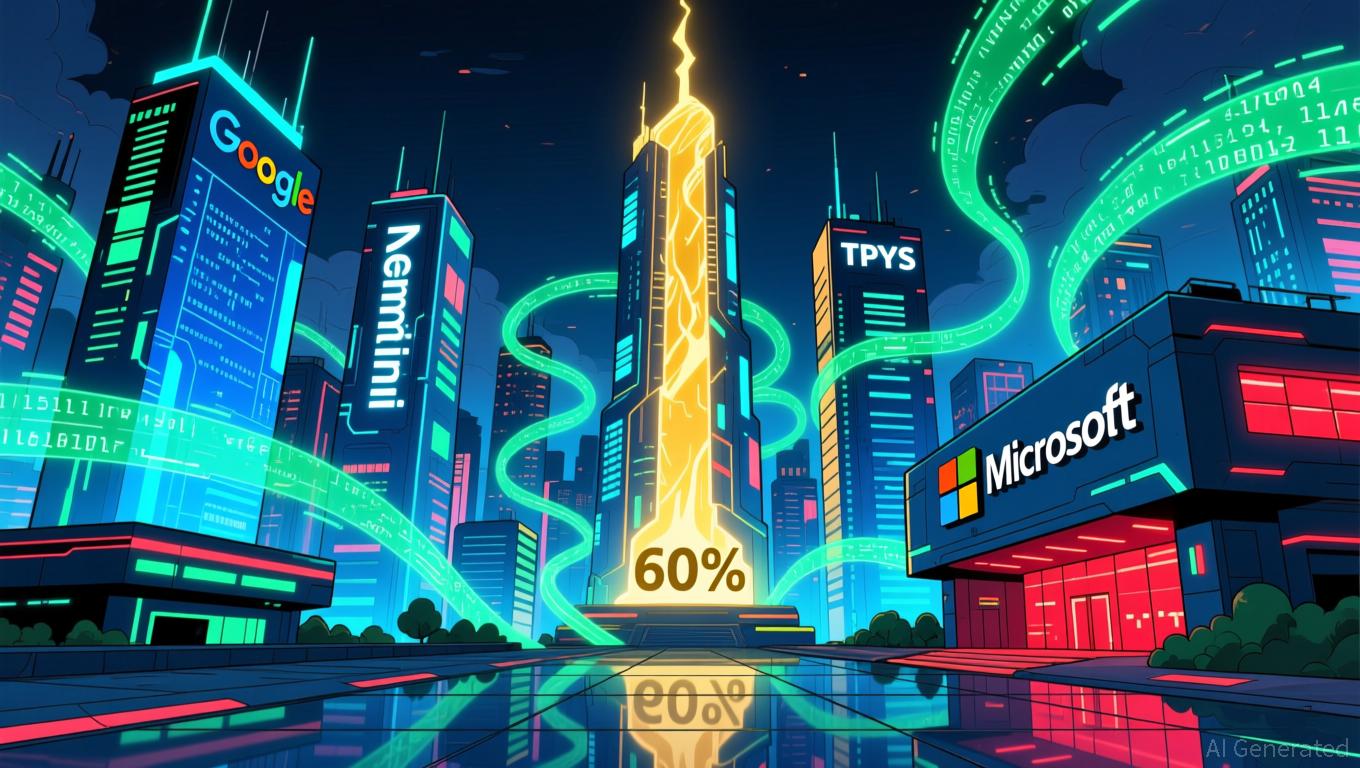Codego Launches Whitelabel Devices Bringing Tokens Into Daily Life
October 2nd, 2025 – Milan, Italy
Codego Group recently disclosed that its Whitelabel Device Program is now open for business.
The program lets crypto projects give away branded devices that give out daily rewards in their own tokens. The move takes tokens out of exchanges and wallets and puts them into homes and everyday life.
From In-House Devices to Whitelabel Expansion
Codego first introduced CDG Home and CDG Power Home devices . The main aspects to know about these products is:
- the connection to a decentralized GPU network, and
- the possibility to generate daily revenue in tokens.
Going a bit deeper, the team explained that, under the Whitelabel Device Program, rewards will be distributed in USDC through Codego’s app. The model has proven simple and effective: a device in the home that provides consistent daily payouts.
The new program extends this framework to other projects. Partners can now release their own branded versions, with the same technology delivering rewards in their tokens.
A New Layer of Utility for the Token Economy
It is the team’s opinion that tokens existing only on exchanges risk fading from relevance. Tokens delivered daily through a tangible device gain visibility, trust, and persistence. Regular payouts create habits, strengthen loyalty, and give tokens staying power.
Another important thing to mention is that projects can gain new channels for adoption. Also, users see tokens tied to consistent rewards, and not as abstract speculation entities. For partners, the model opens additional revenue streams through device sales and recurring margins.
Strategy, Influence, and Power
The team working at Codego has a clear long-term view for the project and the whole crypto community. For instance, here are three key features to consider:
- Home devices help the token’s brand and presence stand out.
- Daily rewards make people closer to the system. This strategy makes it less convenient for anyone to leave ecosystems.
- Also, a token given out by a real system has the potential of gaining credibility on the market. This is because it’s possible to link real utility to a cryptocurrency. In other words, this system aims to go beyond mere speculation, and to enter the market with real, tangible value.
Codego Group is regulated as an Electronic Money Institution and already provides services such as Banking-as-a-Service, Cards-as-a-Service, and Device-as-a-Service.
The Whitelabel Device Program brings something new to the table, forcing crypto tokens from speculative devices to owning real-world utility. It builds a foundation where tokens integrate into daily life, offering relevance and stability in a volatile market.
About Codego
Codego Group builds the financial and blockchain infrastructure that businesses and people use. It offers services for payments, banking, and devices. The recent launch is a big step in the company’s overall roadmap. In fact, it potentially increases the adoption of crypto tokens in various sectors.
Partners receive USDC directly from Codego while distributing their own tokens to users through branded devices.
Codego gives projects tools that make them more resilient and relevant by putting tokens into everyday life. The project’s official website and the links listed below have more information on this growing initiative.
CDG Project | Codego Pay

Disclaimer: The content of this article solely reflects the author's opinion and does not represent the platform in any capacity. This article is not intended to serve as a reference for making investment decisions.
You may also like
Token Cat's $1 Billion Gamble on Crypto: Will Persico's Skills Dispel Concerns About Finances?
- Token Cat appoints Sav Persico as COO to accelerate enterprise crypto asset management and infrastructure expansion. - Partnership with Ouyi Industrial targets $1B in overseas sales via cross-border supply chain platforms for EV components. - Stock surged 9.89% post-announcement, but $30.7M valuation raises doubts about execution capacity amid "WEAK" financial ratings. - Analysts highlight risks in scaling blockchain operations while balancing regulatory challenges and stakeholder confidence.
Bitcoin News Update: Blockrise Leverages MiCA Framework: Introducing Institutional Bitcoin Lending in the EU
- Blockrise, a Dutch Bitcoin startup, became the first EU firm to secure a MiCA regulatory license, enabling fully compliant Bitcoin services across Europe. - The company offers custody, trading, and asset management, plus Bitcoin-backed loans for businesses, with an 8% interest rate and monthly reviews. - MiCA currently excludes lending but provides compliance foundations, with CEO Jos Lazet anticipating future expansion to cover loans and mining. - Blockrise’s semi-custodial wallet model balances securit
Buffett's Uncommon Investment in Tech Drives Alphabet's AI-Powered Market Value Growth
- Alphabet's $3.62T market cap surge surpasses Microsoft , driven by Gemini 3 AI's 37.5% HLE benchmark score and Berkshire Hathaway's 17.85M-share purchase. - Gemini 3's performance challenges OpenAI and Meta , with potential TPU adoption by Meta and Alphabet's ecosystem advantage in monetization. - AI sector volatility persists as Microsoft drops 12.9% and Nvidia faces scrutiny despite $57B Q3 revenue, signaling market caution toward AI-driven growth. - Buffett's rare tech bet sparks debate, with critics

Investing in Educational Facilities: The Overlooked Driver of Sustainable Economic Expansion
- Education infrastructure emerges as a high-impact, undervalued investment, addressing social inequities while driving measurable economic growth through workforce readiness and GDP gains. - U.S. student-counselor ratios (385:1) highlight systemic underfunding, with improved access correlating to 90% graduation rates and long-term economic benefits like reduced social service reliance. - EdTech's $146B→$549.6B market growth (2023–2033) and AI-driven innovations position it as a core infrastructure subset,

